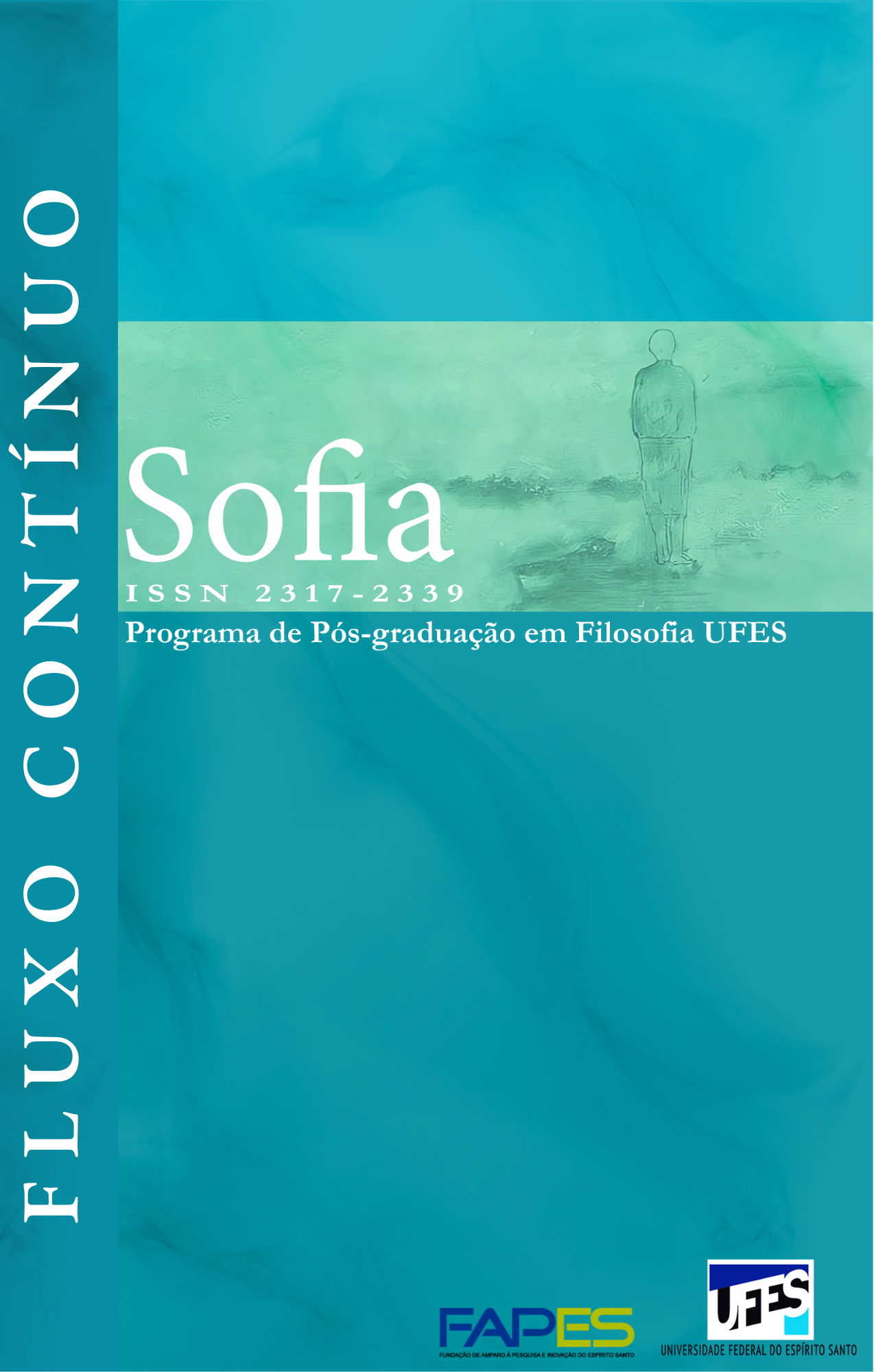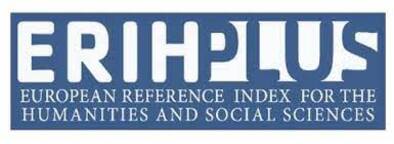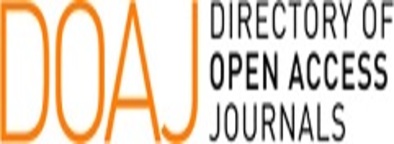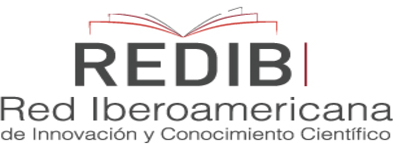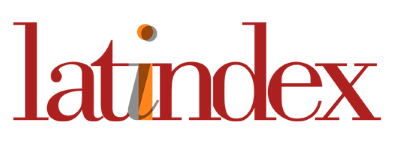Extrapolações da metáfora raiz de Stephen C. Pepper e o conhecimento científico
DOI:
https://doi.org/10.47456/sofia.v12i1.40158Palavras-chave:
Stephen C. Pepper, George Lakoff, Mark Johnson, metáfora, conhecimento científicoResumo
Esta pesquisa procura investigar o conceito de metáfora raiz na concepção de Stephen C. Pepper a partir de sua obra World Hypotheses (1942) e artigos relacionados. Além disso, extrapolar o conceito de metáfora raiz a partir de uma possível interlocução com o trabalho filosófico do conhecimento científico de George Lakoff e Mark Johnson, particularmente em Metaphors we live by (1980) e artigos relacionados. Considerando estes objetivos, foi abordado sobre o conceito de metáfora em Stephen C. Pepper e em George Lakoff e Mark Johson procurando observar como ocorre o processo de formação do conhecimento científico a partir destas visões filosóficas que podem ser consideradas relacionadas.
Referências
KURBY, C.A. & ZACKS, J.M. Segmentation in the perception and memory of events. Trends in Cognitive Sciences, v. 12, n. 2, p. 72–79, 2008.
LANIGAN, R.L. Stephen Coburn Pepper: Contextualism Ethics in Pragmatism. Arnett, Ronald C., Holba, Annette M, & Mancino, Susan (eds). An Encyclopedia of Communication Ethics: Goods in Contention. New York: Peter Lang Publishing, Inc., p. 374-382, 2018.
LAKOFF, G.; JOHNSON, M. Metaphors we live by. London: University of Chicago Press, 2003 [1980].
LAKOFF, G.; JOHNSON, M. The metaphorical structure of the human conceptual system. Cognitive Science, v. 4, n. 2, p. 195-208, 1980(a).
LAKOFF, G.; JOHNSON, M. Philosophy in the flesh: The embodied mind and its challenge to western thought. Nova York: Basic Books, 1999.
LAKOFF, G.; JOHNSON, M. Why cognitive linguistics requires embodied realism. Cognitive Linguistics, v. 13, n. 3, p. 245–263, 2002.
BUCHLER, J. (ed). Philosophical Writings of Peirce. New York: Dover, 1955.
PEPPER, S.C. World Hypotheses: A study in evidence. Berkeley: University of California Press, 1942.
PEPPER, S.C. The argument from similarity. The Philosophical Review, v. 36, n. 6, p. 572-581, 1927.
PEPPER, S.C. The root of metaphor theory of metaphysics. The Journal of Philosophy, v. 32, n. 14, p. 365-374, 1935.
PEPPER, S.C. A proposal for a World Hypothesis. The Monist, v. 47, n. 2, p. 267-286, 1963.
PEPPER, S.C. Autobiography of an Aesthetics. The Journal of Aesthetics and Art Criticism, v. 28, n. 3, p. 275–286, 1970.
PEPPER, S.C. Dynamic view of perception. Philosophy and Phenomenological Research, v. 32, n. 1, p. 42-46, 1971.
PEPPER, S.C. Systems philosophy as a world hypothesis. Philosophy and Phenomenological Research, v. 32, n. 4, p. 548-553, 1972.
PEPPER, S.C. Metaphor in Philosophy. Journal of Mind and Behavior, v. 3, n. 3, p. 197-205, 1982.
SIQUEIRA, V.R. Sobre o “Eclipse” do trabalho de Stephen C. Pepper na Filosofia da Ciência. Filosofia da natureza, da ciência, da tecnologia e da técnica. ANPOF, p. 213-222, 2019.
STROUD, S.R. Pragmatism, Pluralism, and World Hypotheses: Stephen Pepper and the Metaphysics of Criticism. Philosophy & Rhetoric, v. 48, n. 3, p. 266-291, 2015.
Publicado
Edição
Seção
Licença
Copyright (c) 2023 Vinicius Siqueira, Douglas Antonio Bassani

Este trabalho está licenciado sob uma licença Creative Commons Attribution 4.0 International License.
Dada a política de acesso público da revista, o uso dos textos publicados é gratuito, com a obrigação de reconhecer a autoria original e a primeira publicação nesta revista. Os autores das contribuições publicadas são inteiramente e exclusivamente responsáveis por seus conteúdos.
I Os autores autorizam a publicação do artigo nesta revista.
II Os autores garantem que a contribuição é original e assumem total responsabilidade pelo seu conteúdo em caso de impugnação por terceiros.
III Os autores garantem que a contribuição não está sob avaliação em outra revista.
IV Os autores mantêm os direitos autorais e concedem à revista o direito de primeira publicação, sendo o trabalho licenciado sob uma Licença Creative Commons Atribuição-BY.
V Os autores são autorizados e incentivados a divulgar e distribuir seu trabalho on-line após a publicação na revista.
VI Os autores dos trabalhos aprovados autorizam a revista a distribuir seu conteúdo, após a publicação, para reprodução em índices de conteúdo, bibliotecas virtuais e similares.
VII Os editores reservam o direito de fazer ajustes no texto e adequar o artigo às normas editoriais da revista.

